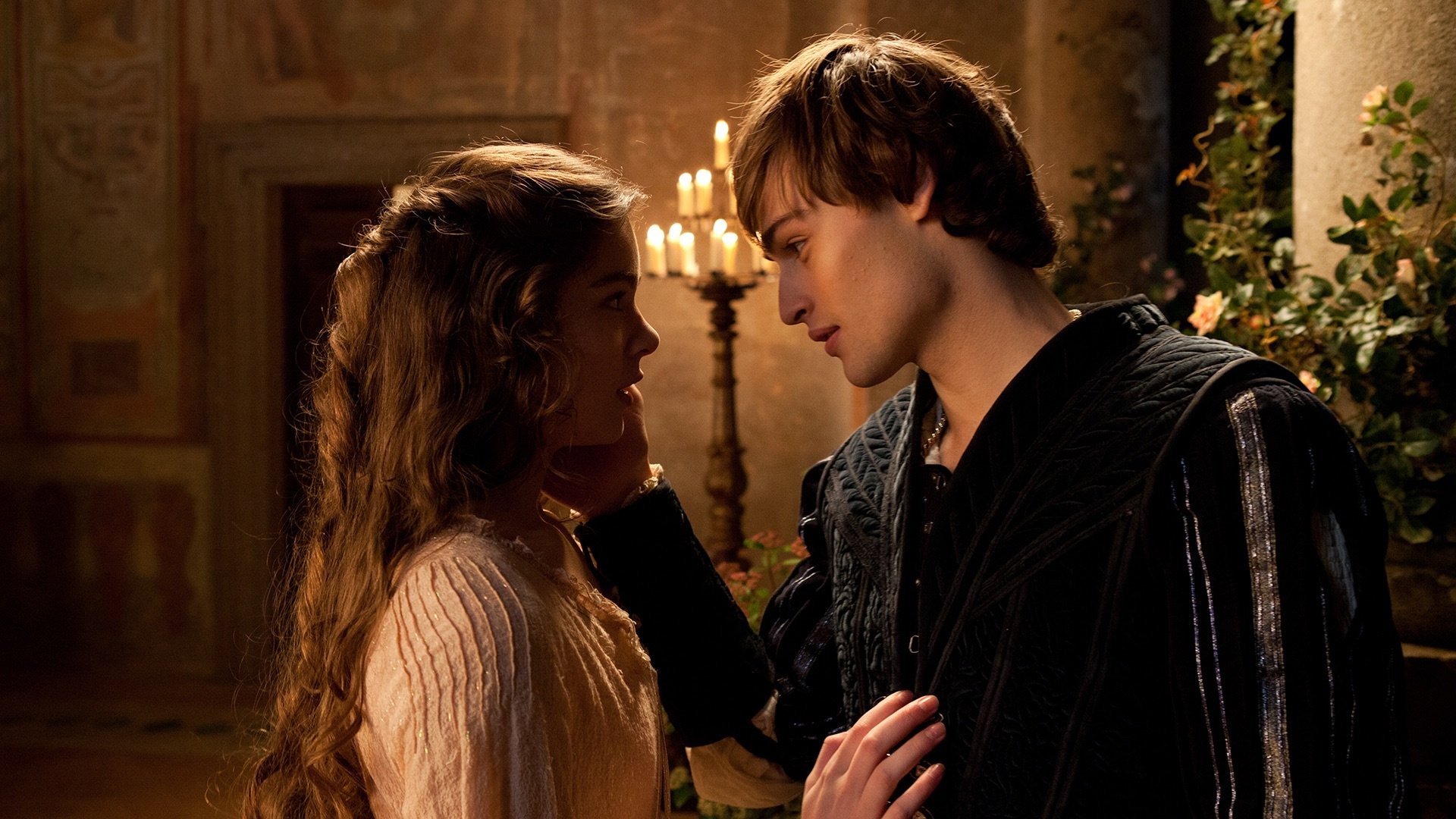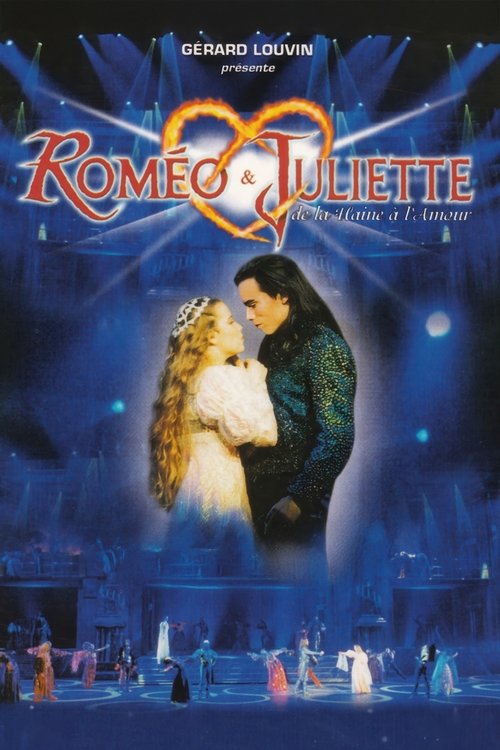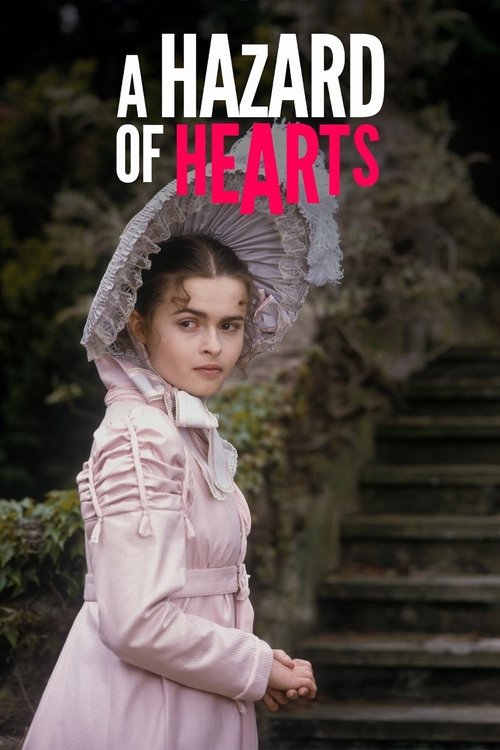
2013
Romeo & Juliet
Romance, Drama
7.0
User Score
581 Votes
Status
Released
Language
en
Budget
$0
Production
Amber Entertainment, Echo Lake Entertainment, Swarovski Entertainment, Relativity Media
Overview
In Verona, bad blood between the Montague and Capulet families leads to much bitterness. Despite the hostility, Romeo Montague manages an invitation to a masked ball at the estate of the Capulets and meets Juliet, their daughter. The two are instantly smitten but dismayed to learn that their families are enemies. Romeo and Juliet figure out a way to pursue their romance, but Romeo is banished for his part in the slaying of Juliet's cousin, Tybalt.
Review
tmdb28039023
1.0
Everyone knows how Romeo and Juliet ends, but after this version of the story, there really is no way of knowing how it will begin. The narration starts with the famous “Two households, both alike in dignity, In fair Verona, where we lay our scene, From ancient grudge break to new mutiny, Where civil blood makes civil hands unclean.” But then, totally out of the blue, the narrator adds: “And so the prince has called a tournament [as in jousting] to keep the battle out of the city streets.” If you're thinking that there's no jousting in Romeo and Juliet, you're absolutely right. The oddest thing of all, however, is that there is no jousting in this movie either.
We see knights in armor, holding lances and riding horses, but director Carlo Carlei and screenwriter Julian Fellowes curiously forget about this novelty almost as soon as they introduce it. Do Romeo and Tybalt decide Juliet’s fate like Wilfred of Ivanhoe and Brian de Bois-Guilbert do that of the Jewish Rebecca? Not at all; as I hinted above, the ending of the story remains largely unchanged (with Shakespeare, of course, there's always the possibility of enjoying the performances, even if the song, so to speak, remains the same; unfortunately, that's not the case here – Douglas Booth and Hailee Stanfield are no Leo DiCaprio and Claire Danes, let alone Leonard Whiting and Olivia Hussey).
I guess I can understand the need to mix things up a bit to avoid the inescapable feeling of déjà vu inherent to the world's most popular love story, but Carlei and Fellowes don’t even have the discipline to stick to this ill-advised addition, which only succeeds in making Prince Escalus of Verona (Stellan Skarsgård) look like an idiot, since his “tournament” not only can’t stop the Capulets and Montagues from brawling on the streets, but it shouldn’t even try to, considering that these public brawls are central to the action.
Among the few things Carlei does get right is preserving the traditional Renaissance Verona setting; on the other hand, he makes Romeo an amateur sculptor for no reason other than making the most impressionable female spectators swoon at the sight of his bare, sweaty chest, which he likes to uncover when chiseling marble.
Read More 



